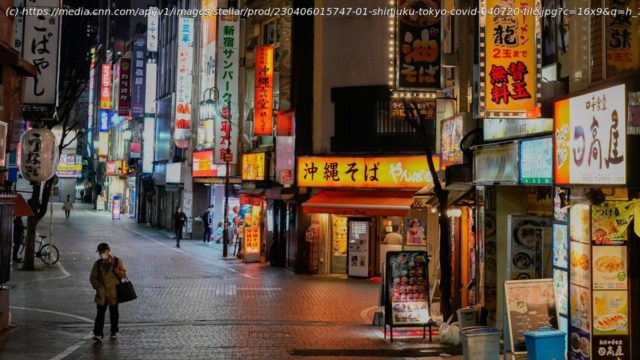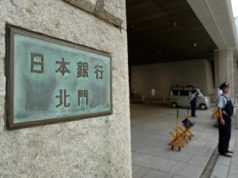Array
Across Japan, nearly 1.5 million people have withdrawn from society, leading reclusive lives largely confined within the walls of their home, according to a new government survey.
These are Japan’s hikikomori, or shut-ins, defined by the government as people who have been isolated for at least six months. Some only go out to buy groceries or for occasional activities, while others don’t even leave their bedrooms.
The phrase was coined as early as the 1980s, and authorities have expressed increasing concern about the issue for the past decade – but Covid-19 has made things worse, according to a survey conducted last November by the government’s Children and Families Agency.
The nationwide survey found that among 12,249 respondents, roughly 2% of people aged 15 to 64 identified as hikikomori, with a slight increase among those aged 15 to 39. With that percentage applied to Japan’s total population, there are an estimated 1.46 million social recluses in the country, according to a spokesperson from the agency.
No further details were given about the impact of Covid-19 on respondents.
But the toll of the last few years continues to be deeply felt.
“Due to Covid-19, opportunities for contact with other people have decreased,” said a separate paper published February in Japan’s National Diet Library.
It added that the pandemic could have worsened existing social problems like loneliness, isolation and financial hardship, pointing to a rise in reported suicides, and child and domestic abuse.
Experts have previously told CNN that hikikomori is often thought to stem from psychological issues such as depression and anxiety, though societal factors play a role too, such as Japan’s patriarchal norms and demanding work culture.






